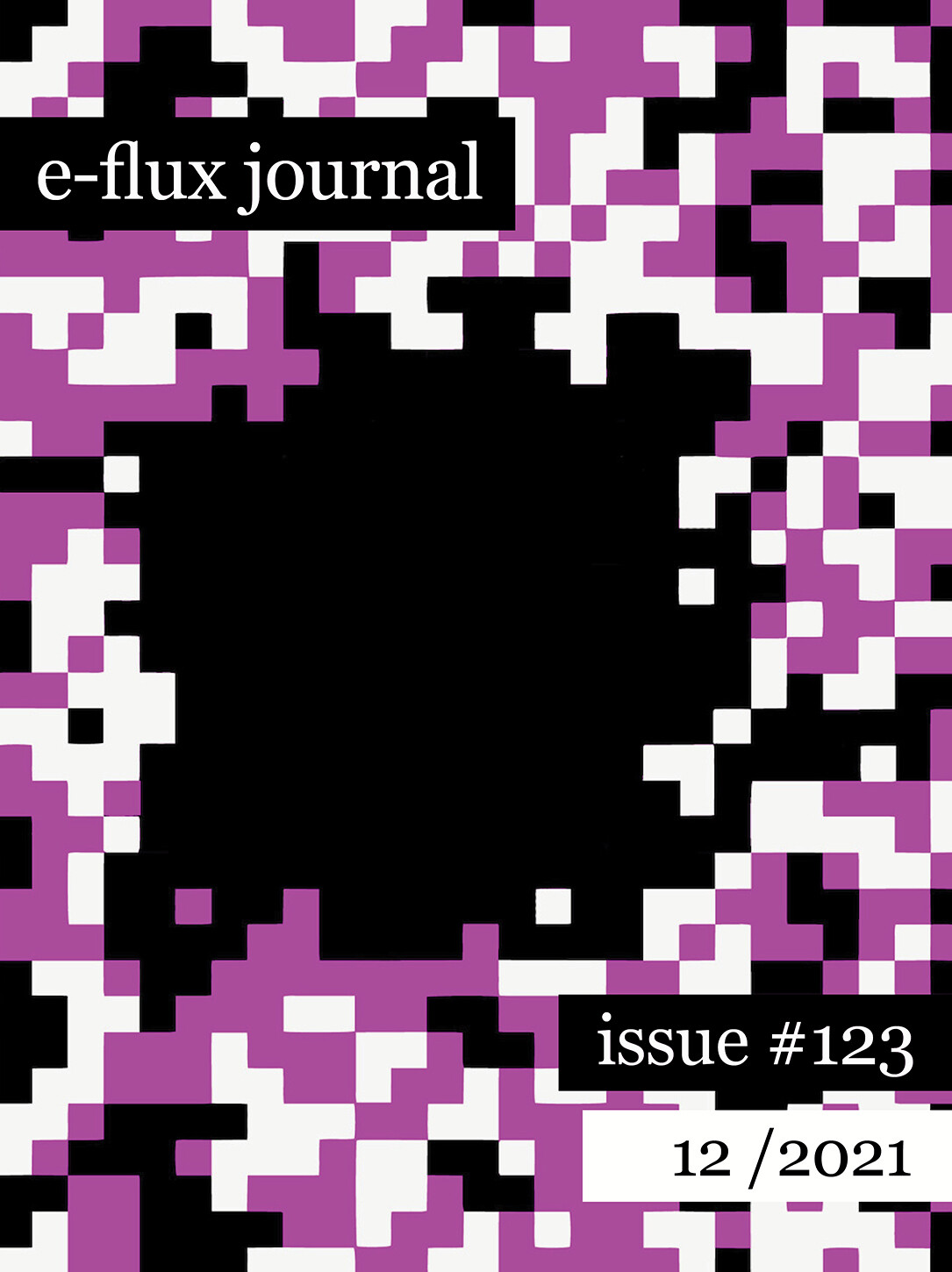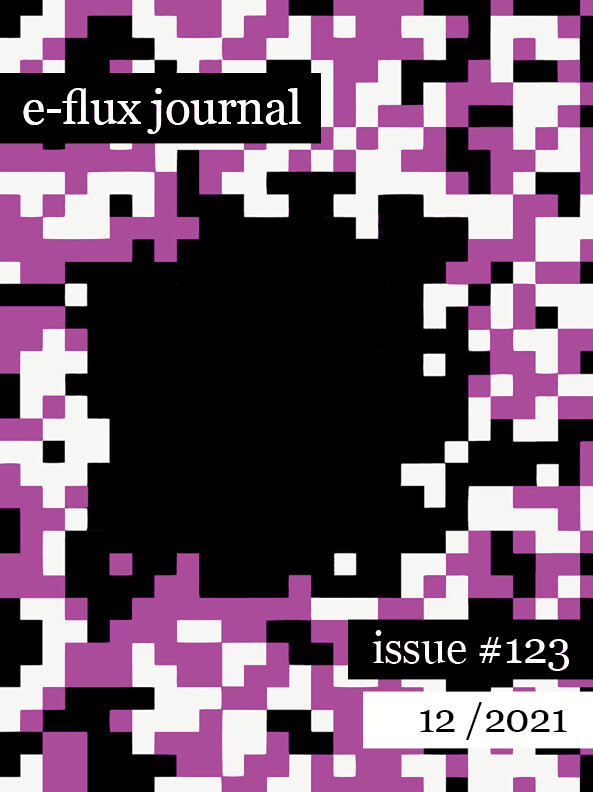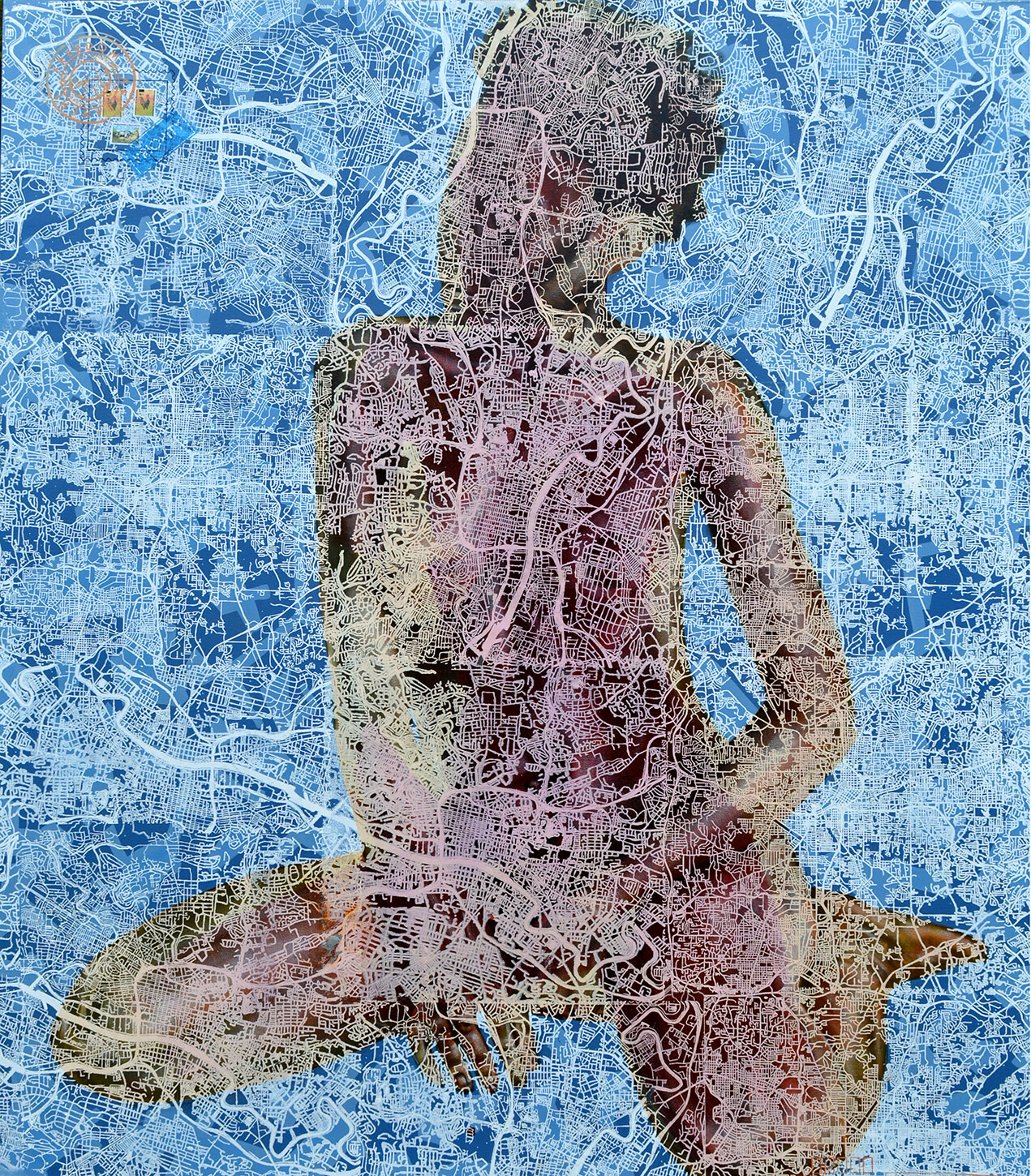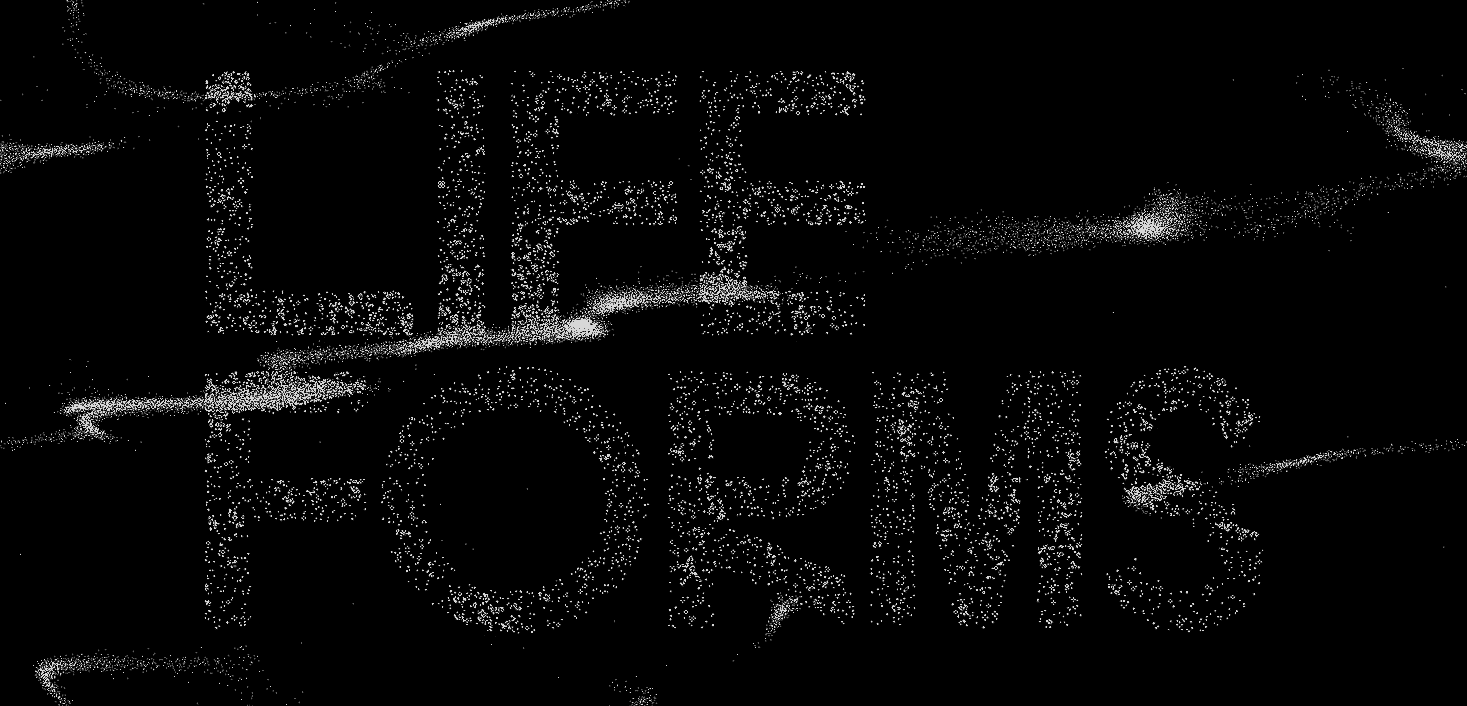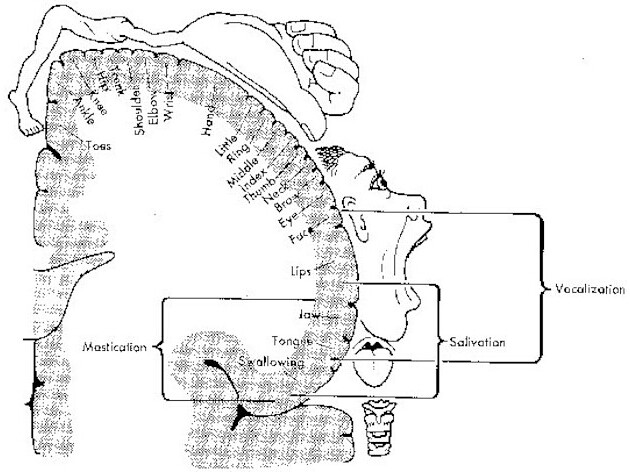Luciana Parisi Read Bio Collapse
Luciana Parisi’s research is a philosophical investigation of technology in culture, aesthetics, and politics. She is a Professor at the Program in Literature and Computational Media Art and Culture at Duke University. She was a member of the CCRU (Cybernetic Culture Research Unit) and is currently a cofounding member of CCB (Critical Computation Bureau). She is the author of Abstract Sex: Philosophy, Biotechnology and the Mutations of Desire (Continuum, 2004) and Contagious Architecture: Computation, Aesthetics and Space (MIT Press, 2013).
Issue 123 of e-flux journal is guest-edited by the Critical Computation Bureau (CCB), a collective of researchers and writers working between technology and culture, computer science and information theory, aesthetics and politics. The members—Luciana Parisi, Ezekiel Dixon-Román, Tiziana Terranova, Oana Pârvan, and Brian D’Aquino—are situated in the US, the UK, and Southern Italy, and engage with networks spanning several continents to intervene in the techno-politics of racial capitalism and its recursive regeneration.
When playing in the context delineated by the thesis introduced by recursive colonialism, black feminist poethical tools and procedures seem to support what the latter both diagnoses and proposes, which is the uprooting of the infrastructure of global capital. It is again a moment that includes (a) a strike from above, which is creative rather than destructive, and which unleashes (b) a downward blow—an implosion perhaps—that shifts attention to the foundations. It is as if looking at global capital from down to up reveals precisely that which is not visible from its windows because it is what sustains the walls onto which they have been carved.
The golem myth becomes a sonic fiction, a retroactive engineering of dispossessed data rhythms that expose the systematic canceling-out of origin. As feedback circuits, logic gates, and automated hypothesis merge with Afro-diasporic flesh, codes become sensual matter that enter black musical sociality and proliferate underneath and across the global infrastructures of the master/slave modeling of command and control. The “futurhythmachine” tells us of the irreversible complicity of automation and dispossession reconfiguring the techno-cultural matrix of innovation and subjection in the operating systems of planetary capital. Golemology here offers not a withdrawal from orality, but rather advances through the alien frequencies of worlds otherwise, mingling and infecting the organic integrity of human language.
Computational indifference to binary problem-solving coincides with a new imperative: technological decisionism, which values making a clear decision quickly more than it does making the correct one. For decisionism, what is most decisive is what is most correct. When Mussolini gives a speech in parliament, in 1925, taking full responsibility for the murderous chaos his regime has created, and challenging his opponents to remove him anyway, he is practicing decisionism at the expense of binary logic, which would dictate that if Mussolini is responsible, then he should resign. Instead, the dictator declares that he is responsible and that he will stay. Today it is our machines who make these speeches for us.
If it is true that the individual is caught in a circle of continuous undulation between enslavement and liberation, trapped in the paradox of simultaneously being her own master and slave, can learning from the logic of the machine provide a path for a new, alien beginning? And if it is true that instrumentality as such has developed its own logic through the evolution of machine complexity, shouldn’t we attempt to think the instrumentality of the post-cybernetic individual beyond the dualities of means and ends?
Chad Dawkins
Nashin Mahtani
